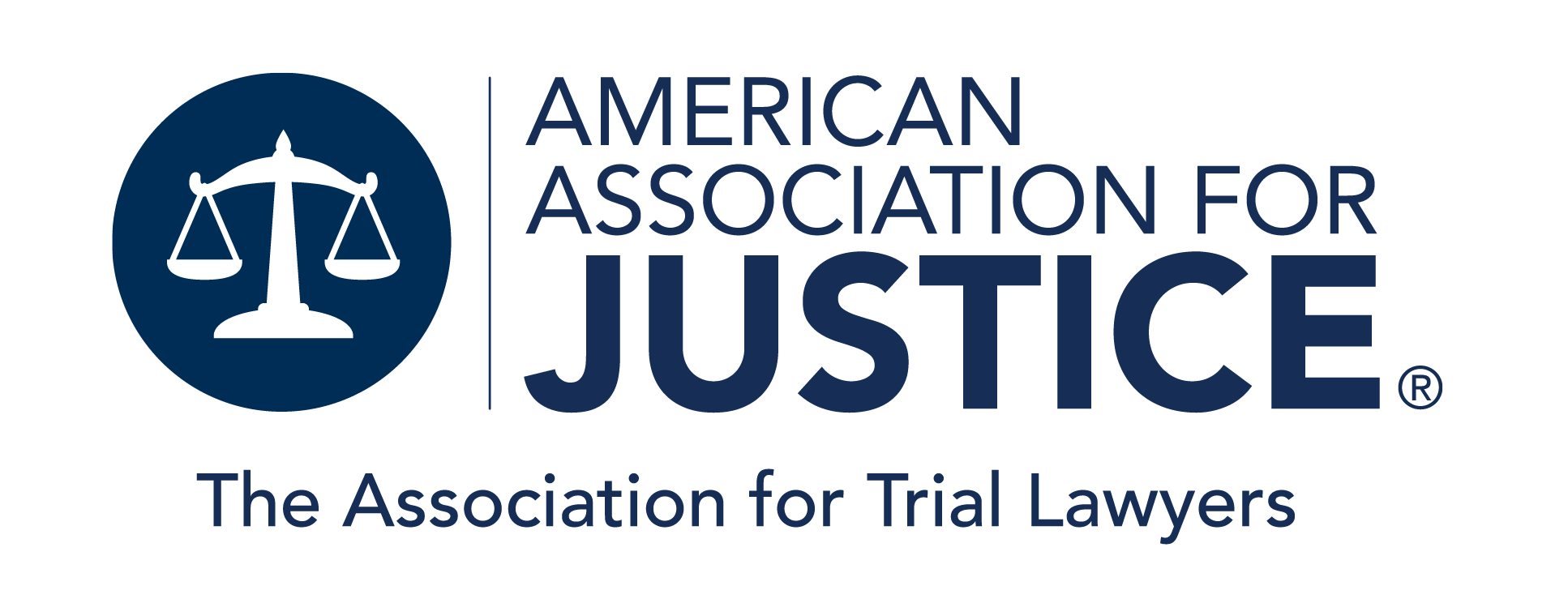of Personal Injury
What Is Severe Brain Injury? How Is the Severity Determined?
A traumatic brain injury can happen in any type of accident, such a a car, truck, bus or motorcycle accident. It can occur in a fall or a work related accident also.
A traumatic brain injury occurs when the brain suffers an injury inside the skull and some type of tissue damage occurs. It can happen due to someone stiking their head on a car window, windshield, pavement or any surface involved in an accident. The brain is like a china cabinet that has china inside. When the cabinet is struck or jarred the china is shaken and sometimes some pieces of it can break.
You don’t have to lose consciousness to suffer a traumatic brain injury. Certainly, if a person strikes their head, this is critical information. However, evidence of a traumatic brain injury can include, but is not limited to an “altered mental status.” An altered mental status is an abnormal change in your responsiveness and awareness:
- It can affect your speech, memory, attention span and alertness
- It can be a feeling of confusion, dizziness, wooziness, not being aware of one’s surroundings, not knowing where you are, feeling detached from your body
Other evidence of a traumatic brain injury can be:
- Forgetting how to go to a very familiar place
- Getting lost while you are driving somewhere
- The inability to complete sentences
- Loss of your inhibitions (example: when a person who is normally reserved in social settings becomes very loud and makes comments that are inconsistent with his/her personality)
We see these symptoms where there is a frontal lobe injury to the brain.
Sometimes, the injured person themselves is unaware of the symptoms of a traumatic brain injury. It will be observed by family members and friends. People will forget if they put a roast in the oven or they may forget to pick up a child at school. They find themselves having to make lists of their chores, or a spouse or significant other has to make them a list.
People who suffer a traumatic brain injury should be seen by a Neurologist and a Neuropsychologist. A Neurologist is a medical doctor who evalautes and diagnoses brain injury with tests and in a clinical setting. A Neuropsycholgist is a psycholoigist who specializes in testing the brain to document brain injury and to provide a treatment plan. Both experts are essential in documenting traumatic brain injury.
There is no cure for a traumatic brain injury. It takes about one year to determine the extent of the permanency of a traumatic brain injury. Improvement and accomodation to the injury can be accomplished with cognitive rehabiltation where the injured person is taught skills to work around the injured area of the brain.







